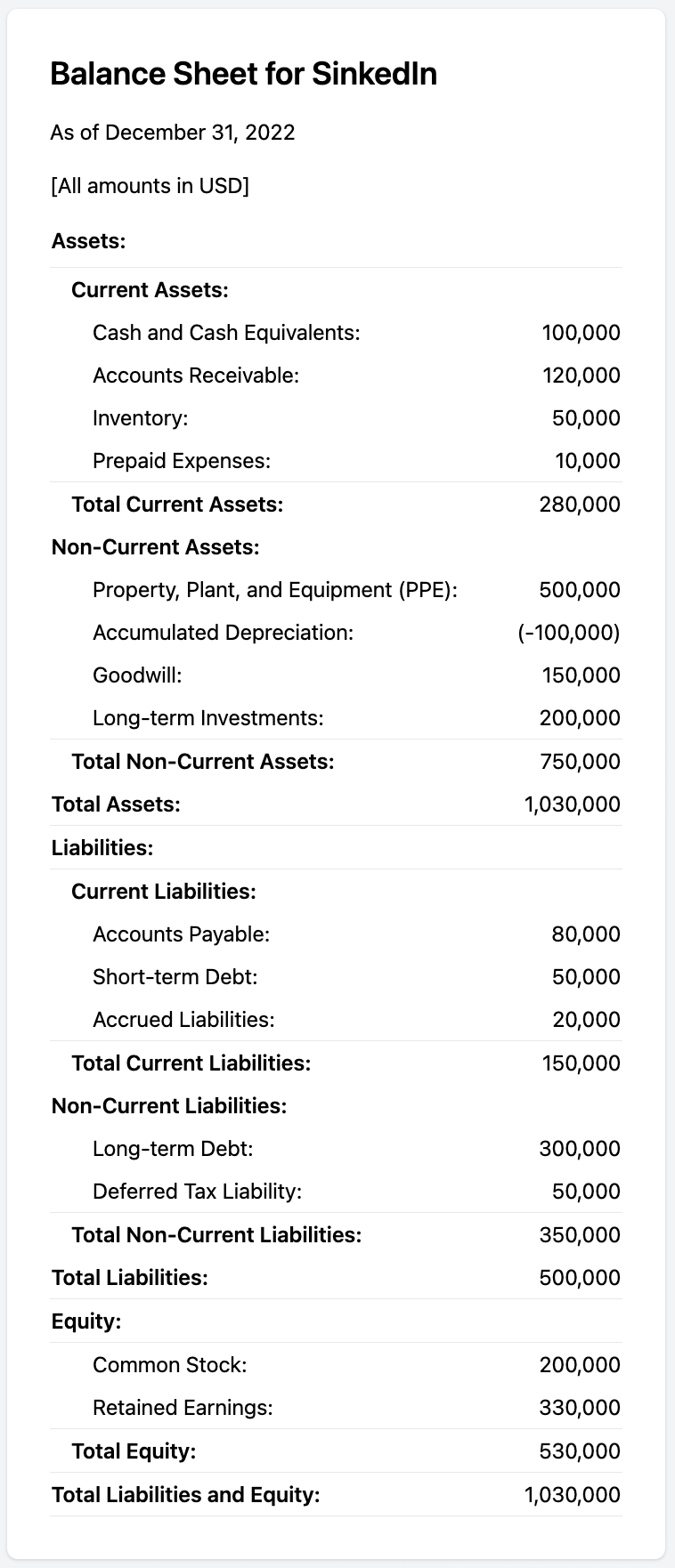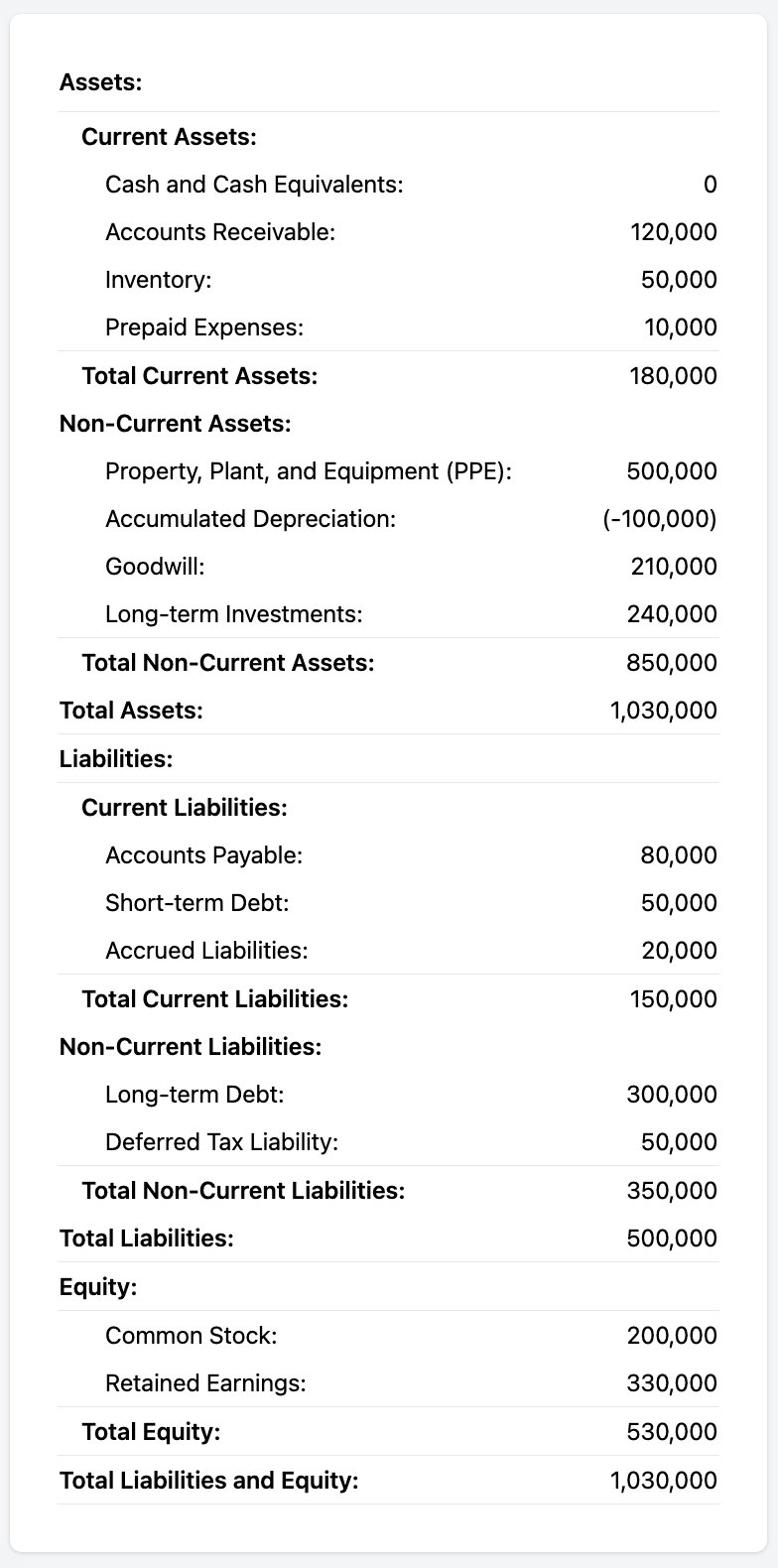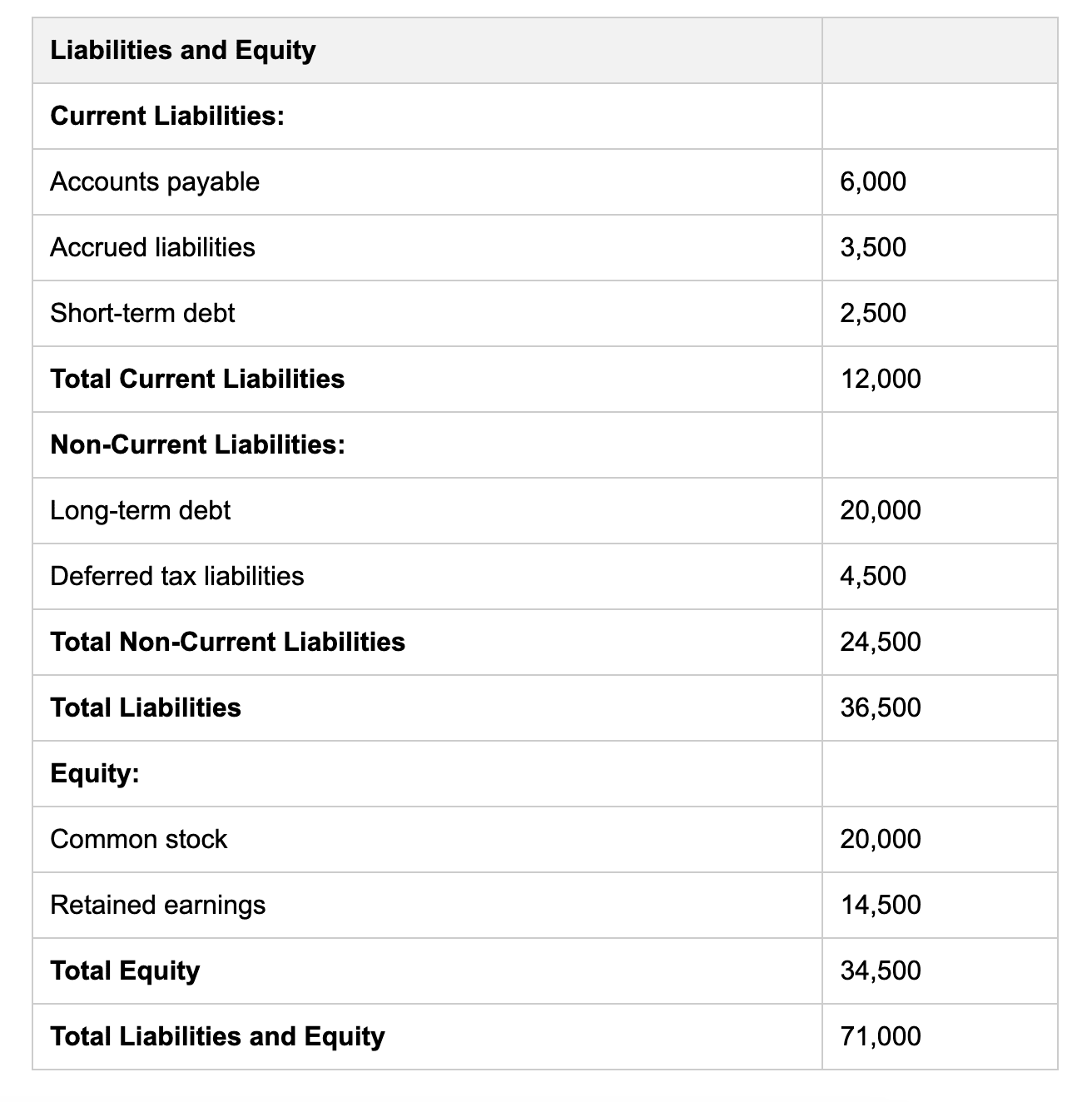QuickBooks Setup and Navigation: This skill involves the initial configuration and ongoing navigation of QuickBooks software. A well-set QuickBooks system ensures accurate data entry and streamlined workflow. Measuring this skill confirms the user's ability to correctly implement and operate the software.
Chart of Accounts: Understanding the Chart of Accounts is crucial for structuring financial data correctly. It includes configuring asset, liability, income, and expense accounts to reflect the business's financial structure. Proficiency in this area ensures accurate financial reporting and insights.<p><h4>Invoicing and Sales</h4><p>This skill encompasses creating and managing customer invoices and sales receipts. Effective invoicing ensures timely payments and accurate revenue tracking. It's vital for maintaining cash flow and financial health.
Expense Tracking: Expense Tracking involves recording and categorizing business expenditures. This skill is critical for monitoring spending, managing budgets, and preparing for tax reporting. Proper expense tracking helps in maintaining financial discipline.
Banking and Reconciliation: This area covers linking bank accounts and reconciling transactions to ensure the financial records match bank statements. Regular reconciliation helps detect discrepancies and prevents fraud, ensuring financial accuracy.
Payroll Management: Payroll Management includes tracking employee wages, taxes, and benefits. This skill ensures compliance with payroll laws and timely employee payments. Effective payroll management reduces error risks and enhances employee satisfaction.
Financial Reporting: Generating financial reports like profit and loss statements, balance sheets, and cash flow statements is key to this skill. These reports provide insights into the financial health and performance of a business. Accurate reporting aids in informed decision-making.
Inventory Management: Inventory Management involves tracking stock levels, orders, and deliveries. Efficient inventory management prevents stockout or overstock situations, ensuring smooth business operations. It's essential for businesses with physical goods.
Company File Management: This skill relates to creating, maintaining, and securing QuickBooks company files. Proper file management ensures data integrity and accessibility. It also aids in disaster recovery and data security.
Customization and Settings: Customization and Settings allow tailoring QuickBooks features to match business needs. This includes customizing reports, invoices, and user preferences. It enhances user experience and operational efficiency.
Data Security and Backup: Data Security and Backup practices protect financial information from unauthorized access and loss. Implementing strong security measures ensures compliance with data protection regulations and continuity planning.
QuickBooks Online vs Desktop: This skill differentiates between the functionalities and use cases of QuickBooks Online and QuickBooks Desktop. Understanding these differences aids in choosing the right version for specific business needs and scenarios.

























































